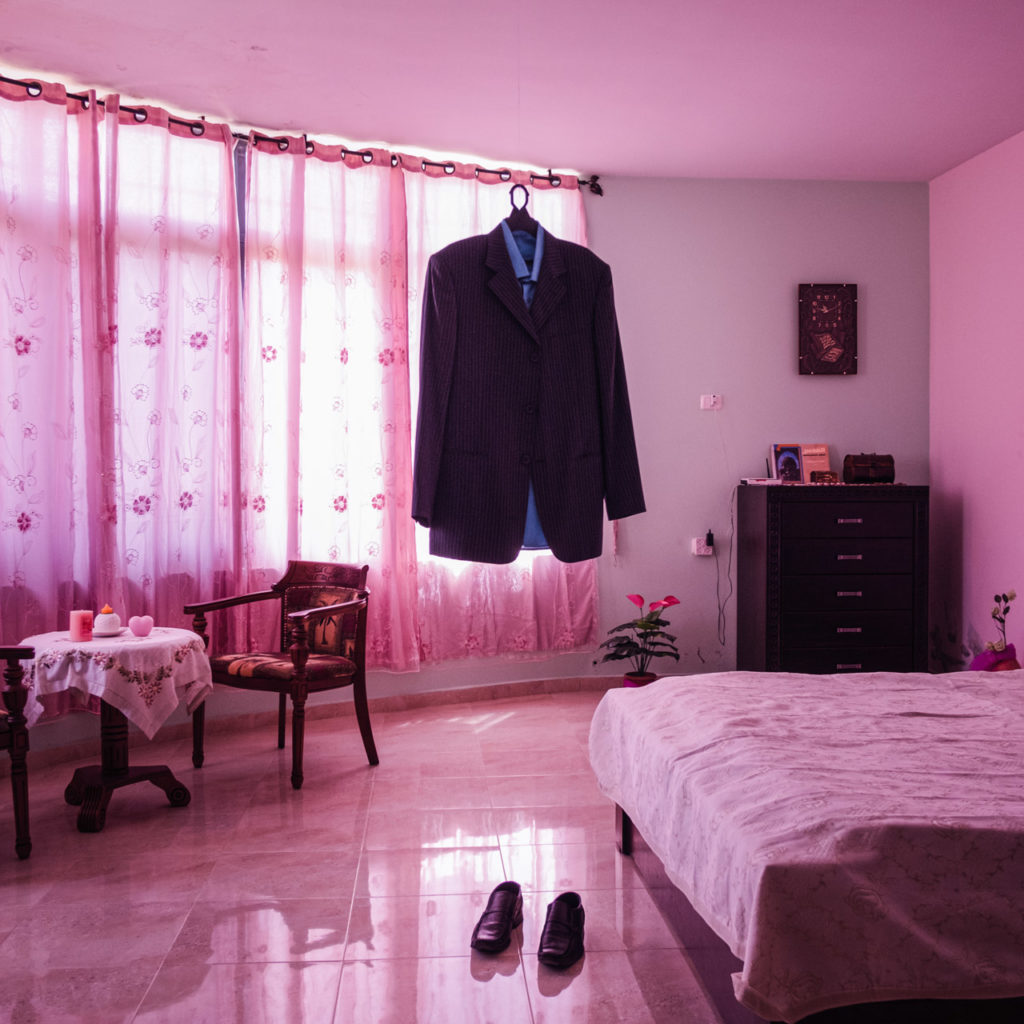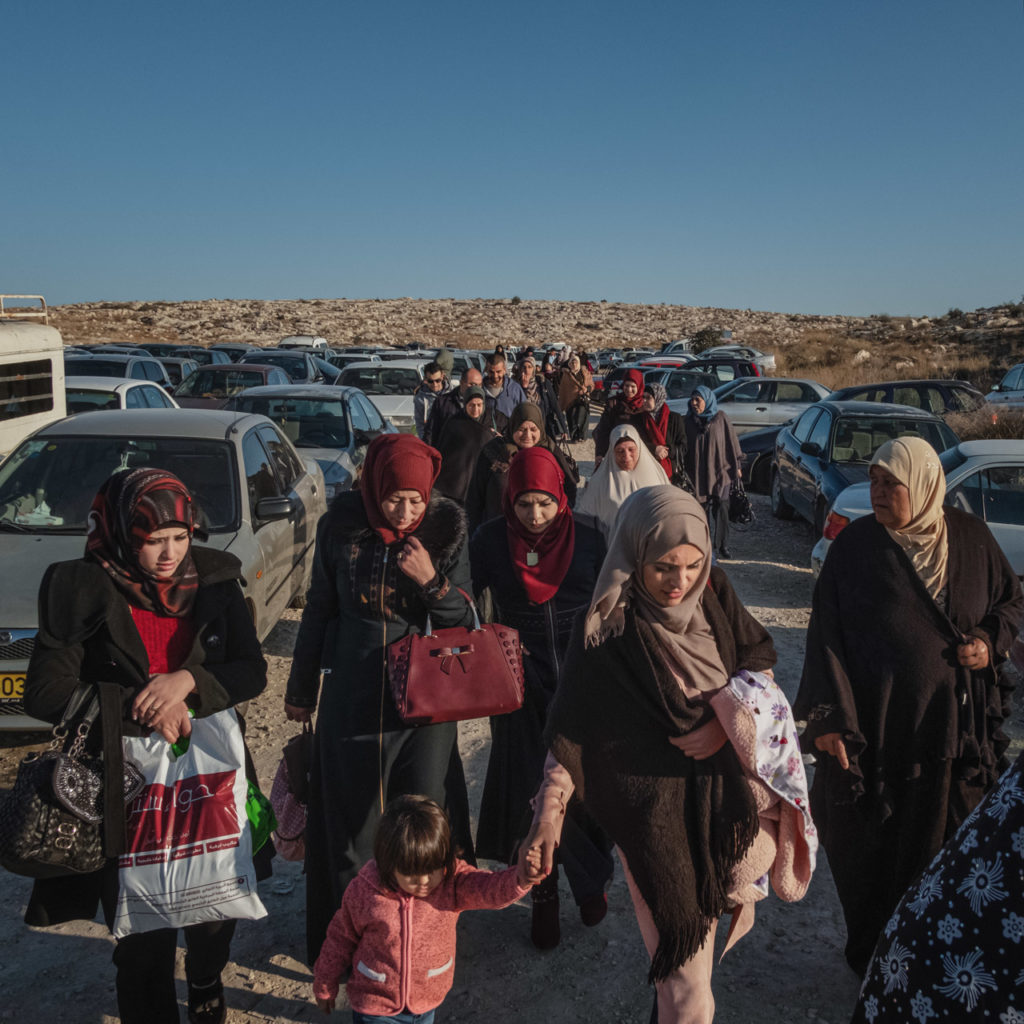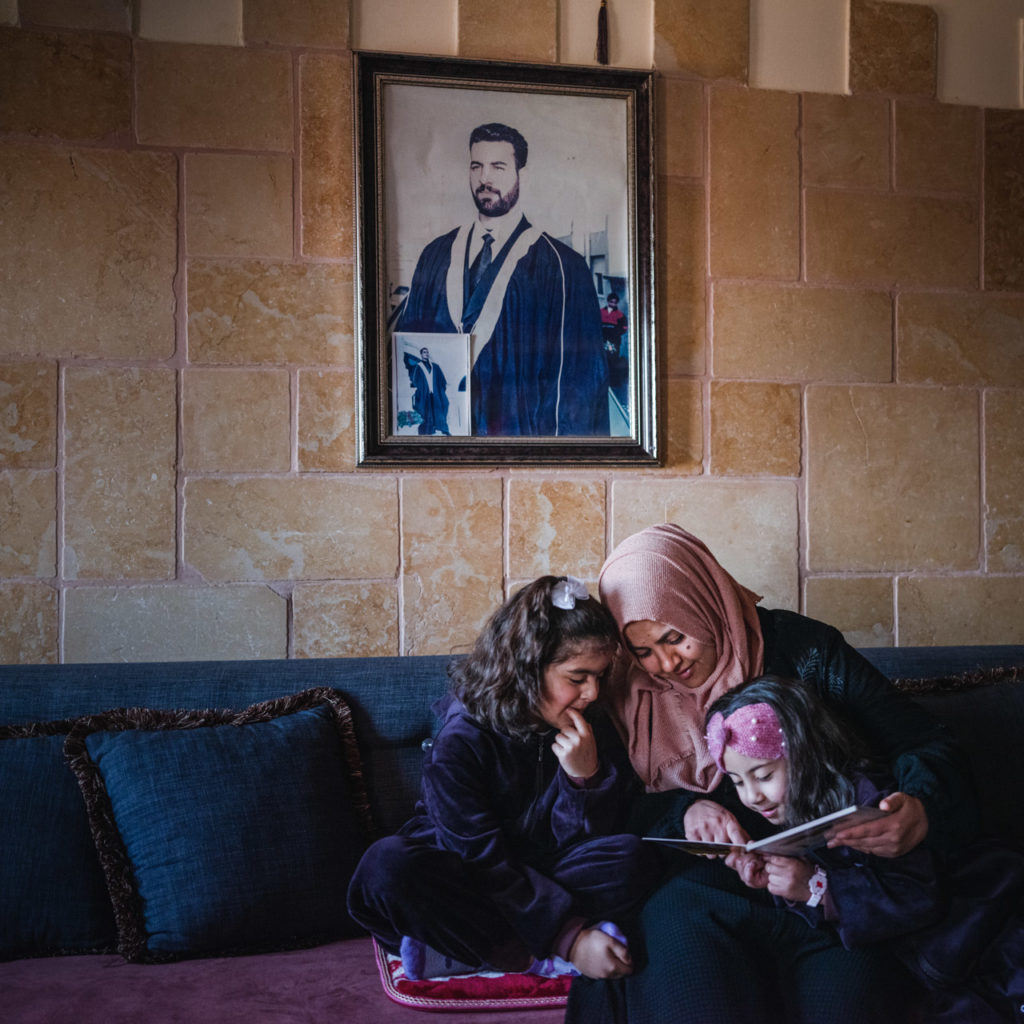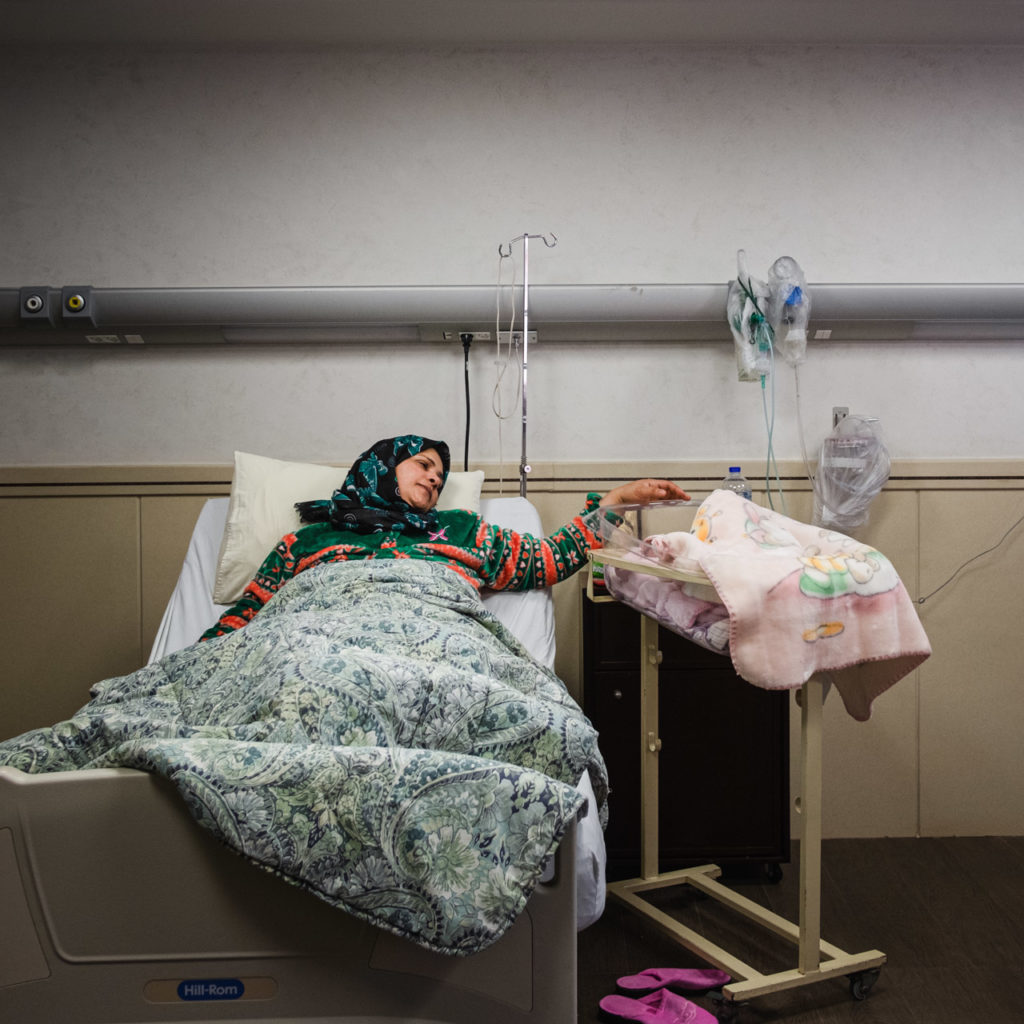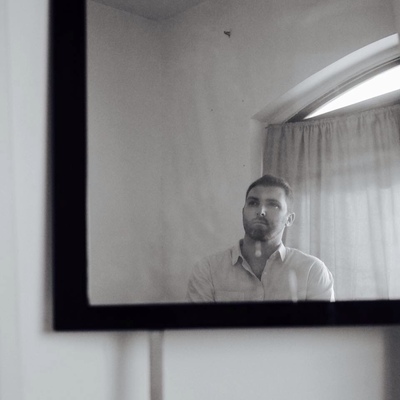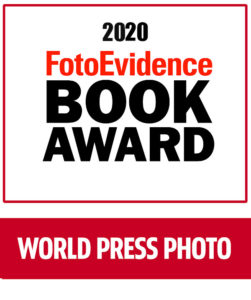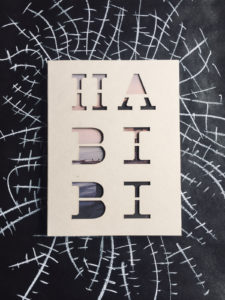Habibi is the chronicle of a love story set in one of the longest and most complicated contemporary conflicts, the Israeli-Palestinian war.
This project, whose pictiures were taken between 2015 and 2019, is a way to envision the effects of the Palestinian crisis on families through the story of prisoners’ wives who have turned to sperm smuggling in order to conceive children through in vitro fertilization (IVF) from their husbands who are serving long-term sentences in Israeli jails. Over the past 5 years, more than 80 babies have been born this way.
There are around 7,000 Palestinians, classified as security prisoners, with nearly 1,000 facing sentences of 25 years or more. Israel detains them if their alleged or convicted offenses are deemed threats, or potential threats, to national security.
Conjugal visits are denied and Palestinian prisoners see their immediate family for just 45 minutes every two weeks, if at all. After a thorough body search, visitors are able to talk to their loved ones through a telephone from behind a glass window. Physical contact is forbidden, except for prisoners’ children, who are allowed 10 minutes at the end of each visit to embrace their fathers. During these short visitations, some of the prisoners have smuggled seminal fluid to their kids. With the excuse of giving gifts to their children, the prisoners put their sperm into empty pen tubes and hide them inside chocolate bars. This is the secret way prisoners’ sperm manages to leave the prisons, and is these women’s only hope for a family. The lives of these women are suspended in an eternal wait for the return of their loved ones. Furthermore, they do in vitro fertilization also in order not to surrender to the condition of imprisonment of their husbands and courageously facing the difficulties of daily life by raising their children alone in a war zone.
This area of the world is too often shown only as a place of war and conflict, full of contrast, soldiers, military actions and weapons. Habibi, which in Arabic means “my love”, tries to show the impact of the conflict on Palestinian families analyzing the difficulties faced in preserving their human dignity and trying to understand the reality hidden behind the war.
